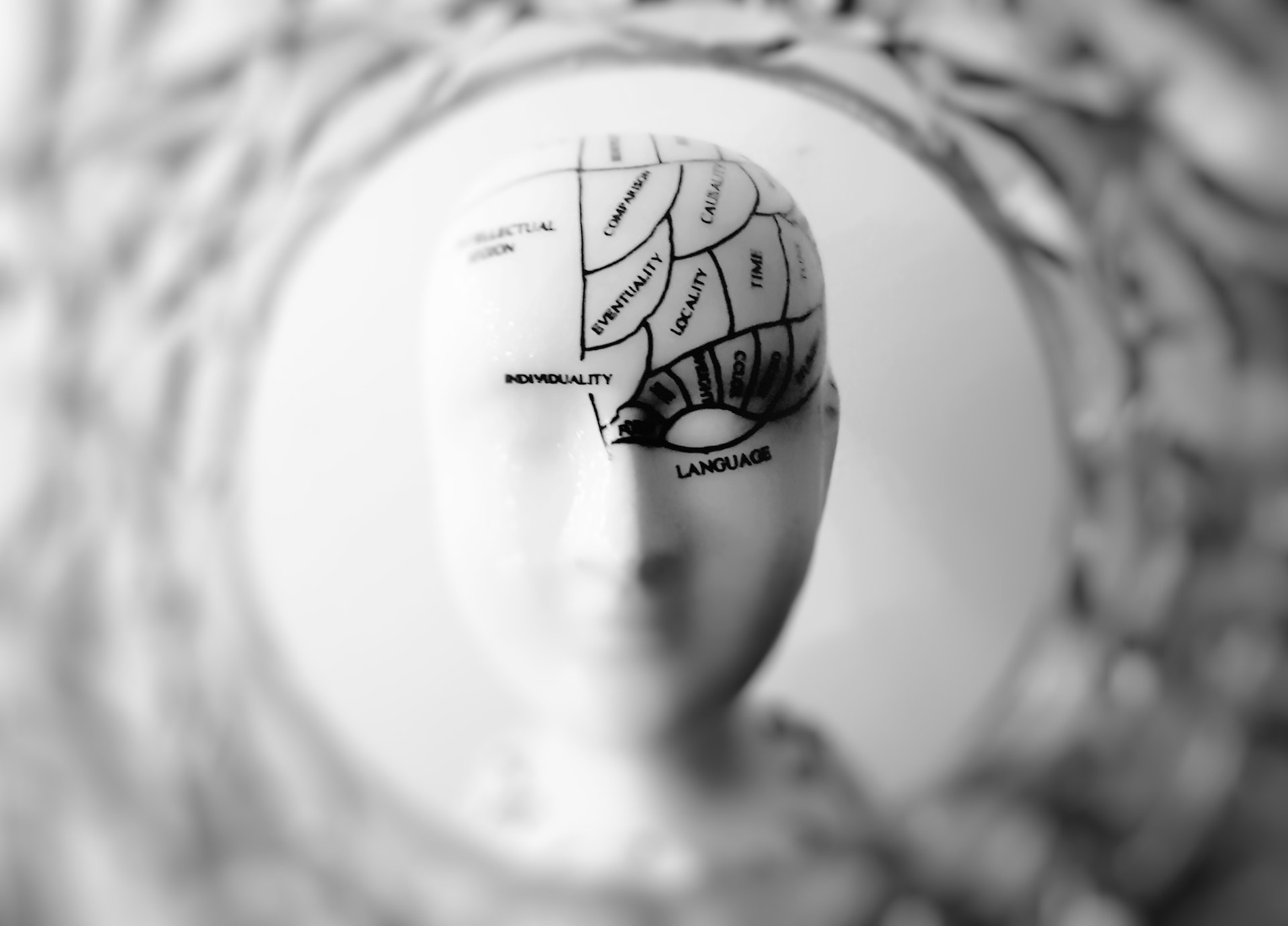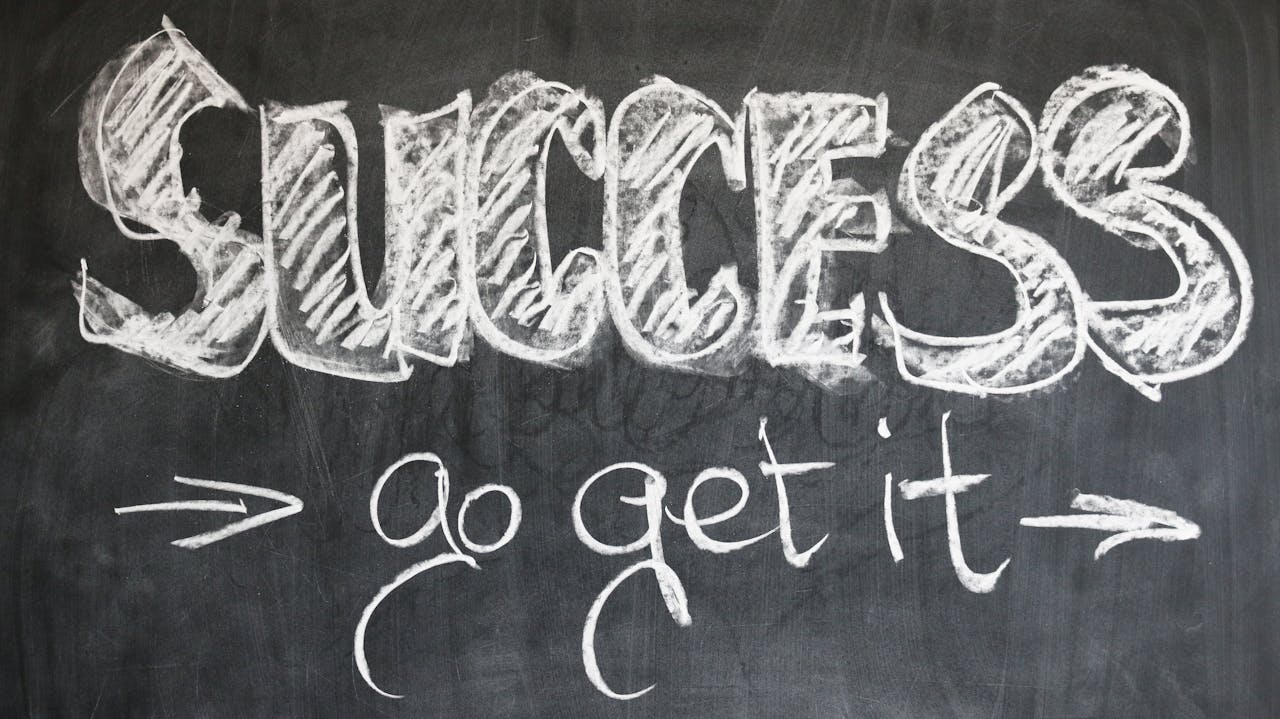

What are the perfect workday hours to maximize your motivation? For me, it depends and varies based on the day. We’ve been working eight hours a day since Robert Owen coined the slogan, “Eight hours labour, eight hours recreation, eight hours rest,” back in the 18th Century. Today, the average American works 8.8 hours a day.
It turns out, however, that working this much every day isn’t beneficial.
One study found that a six-hour work day increases productivity. While another study found that employees shouldn’t work more than 39 hours per week.
“Long work hours erode a person’s mental and physical health because it leaves less time to eat well and look after themselves properly,” said lead researcher Huong Dinh from Australian National University’s research school of population health.
Simply put, the traditional eight-hour work day is antiquated and not conducive to our lifestyles. And, thanks to technology, we can now work from wherever we want, whenever we want. That flexibility has definitely helped make employees more productive and motivated.
One reason is that it encourages a healthier work-life balance. Another reason is that employees who work flexible schedules are happier at work and less prone to burnout and psychological stress than their colleagues who work set-hours.
While that’s well and good, the question is now is what are the perfect workday hours that will maximize motivation?
The early bird catches the worm.
I totally get it. Not everyone is a morning person. But, if you are, then it’s best to wake-up bright and early every morning.
For me, I get-up at 5:15 a.m. every day. I’ve found that this is most productive time of the day since I’m awake before everyone else. This means I can reflect, exercises, write, and review my calendar. This all helps me get excited for conquering the day.
But, don’t just take my word for it. Researchers have found that morning people are more proactive and capable of anticipating and minimizing problems.
Additionally, waking-up this early reduces stress and makes me feel accomplished because I already had a productive morning before my work day even started.
The best time of day to do everything.
After you’ve been awake for awhile, how should your scedule the rest of the day.
For starters, make sure that you exercise before you eat breakfast. Research has found that this not only aids in weight loss, it boost your energy levels. This is because it primes your body for for an all-day fat burn.
However, make sure that you hold-off on the cup of coffee until after 9:30 a.m. That’s because cortisol, the stress hormone that helps us feel alert and energized, peaks at about 8 or 9 a.m. So, you don’t need that boost first thing in the morning. Instead, save it for later when you do need a jolt of caffeine.
In fact, research from Baylor University found that you should take a coffee break in the mid-morning. This is because it’s easier to restore your mental resources when it’s closer to the work day.
But, what if you’re so exhausted that you need a nap? Then go for it. Just wait until the afternoon.
The Mayo Clinic found that taking a nap around 2 p.m. or 3 p.m. is ideal. It’s during this time when you may experience post-lunch sleepiness or a lower level of alertness. Also, taking a nap during this time won’t interfere with nighttime sleep.
The Perfect Workday Hours
What about the last hour of the day? Larry Alton suggests you spend it on “soft” projects. For example, at 4 p.m. on Monday organize your emails. The rest of the week would look something like this:
- Tuesday: Think through your next big project.
- Wednesday: Work on thought leadership.
- Thursday: Declutter your desk.
- Friday: Make your schedule for next week.
Find your biological prime time.
“The most productive people don’t just manage their time well, they also manage their energy and attention well,” writes Chris Bailey, author of “The Productivity Project,”. “Rearranging your day around when you have the most energy is one simple way to work smarter instead of just harder.”
Bailey found his BPT by eliminated caffeine and alcohol from his diet; eating as little sugar as possible; and waking up without an alarm. Every day for three weeks, he kept a log where he recorded his energy levels hourly.
Following the three weeks, Bailey found that between 10 a.m. and noon and 5 p.m. and 8 p.m. where his biological prime times. Bailey then reconfigured his day so that he worked on his highest-impact and most meaningful tasks during those hours.
Whenever his energy levels began to drop he worked on lower-impact tasks. If he needs an energy boost, he would have a a cup of green tea.
Bailey told Business Insider that “productivity is the process of understanding our constraints.”
So if we’re well-aware that you can’t focus in the after, let’s say around 3 and 4 p.m., then you should work on those “soft” projects previously mentioned.
Once you find your BPT, you should block that time in your calendar so that you can work undistributed.
But, what if you work a 9-to-5 and the boss schedules a pointless meeting? Unfortunately, there’s nothing you can do about that. Hopefully you can catch-up at a different time.
What are your perfect work day hours to maximize your motivation?











John Rampton
John’s goal in life is to make people’s lives much more productive. Upping productivity allows us to spend more time doing the things we enjoy most. John was recently recognized by Entrepreneur Magazine as being one of the top marketers in the World. John is co-founder of Calendar.